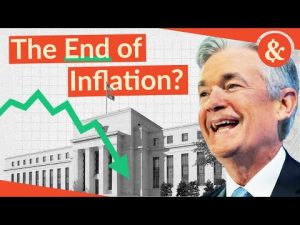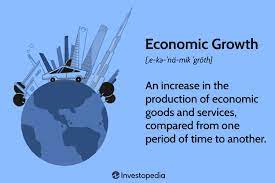UBS projects that inflation may soon come to an end, something it expects will benefit investors and boost its profits. The global investment bank anticipates US consumer price inflation will fall below 2% next year as energy costs come down and economic activity slows, which should allow the Federal Reserve to resume cutting rates by 2024, according to strategists Arend Kapteyn and Bhanu Baweja – plus larger cuts than what markets currently anticipate.

Investors have long anticipated signs that inflation would subside. High inflation can erode household wealth and raise interest rates, both of which impede economic growth. Consumers have also reported their spending has dropped as higher prices and rates force some purchases off the radar screen; many report having expenses exceed incomes while living paycheck-to-paycheck and according to a First National Bank of Omaha study, 62% adults fall into this category.
Bank analysts anticipate that lower inflation will encourage consumers to spend more, while allowing businesses to replenish inventories, thus driving economic growth forward. They expect the Federal Reserve will end its rate-hiking cycle sometime around mid-2024 and redirect its attention towards finding ways to balance inflation with employment growth.
UBS anticipates that rising wages should help stimulate household spending despite slow overall economic growth. They anticipate that Federal Reserve’s tightening will result in a stronger dollar, making imports cheaper while helping ease inflation pressures.

But disinflation remains difficult to achieve due to various factors. While lower oil prices will likely boost producer incomes, their delayed impact will take effect only slowly on retail prices. Furthermore, global geopolitical events could prompt some consumers to delay purchases until they feel secure about future incomes.
UBS believes India will experience strong economic performance through 2024 and beyond despite inflation concerns, as its research firm projects GDP growth of 6.5% this year and in coming fiscal years due to robust domestic demand and corporate and financial sector balance sheets as well as depreciated rupee, which has increased foreign-funded inflows which may in turn benefit inflation trends indirectly.